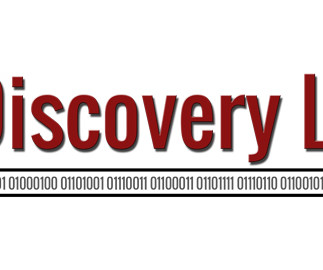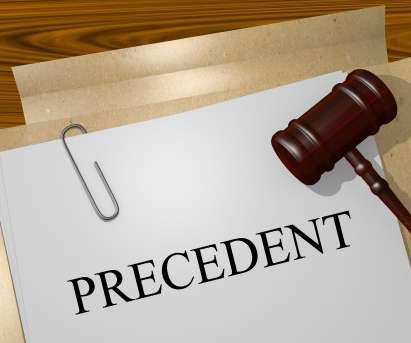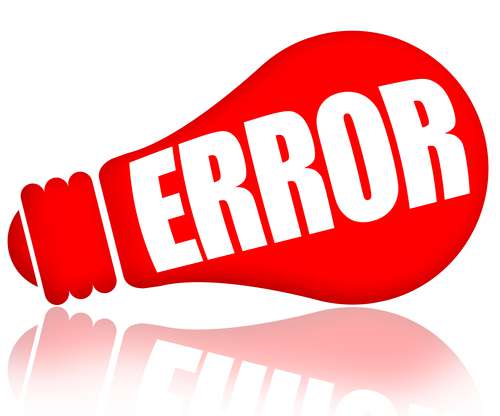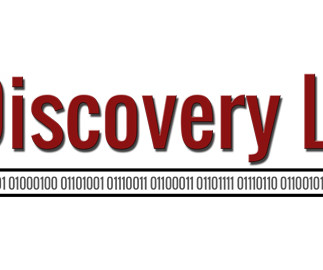How Not to Negotiate an ESI Protocol? Say it is “Mandatory”; and, Demand That Discussions be Recorded
E-Discovery LLC
MARCH 26, 2025
Given [1] the breadth and scope of Attorney XXXXs [1] ESI Requests and [2] the content and tone of the XXXX Firm ESI Plan, it is not surprising that Defense Counsel objected to the ESI protocol that Attorney XXXX was demanding be used in this case. would include litigate, litigation, litigating, etc.).
































Let's personalize your content